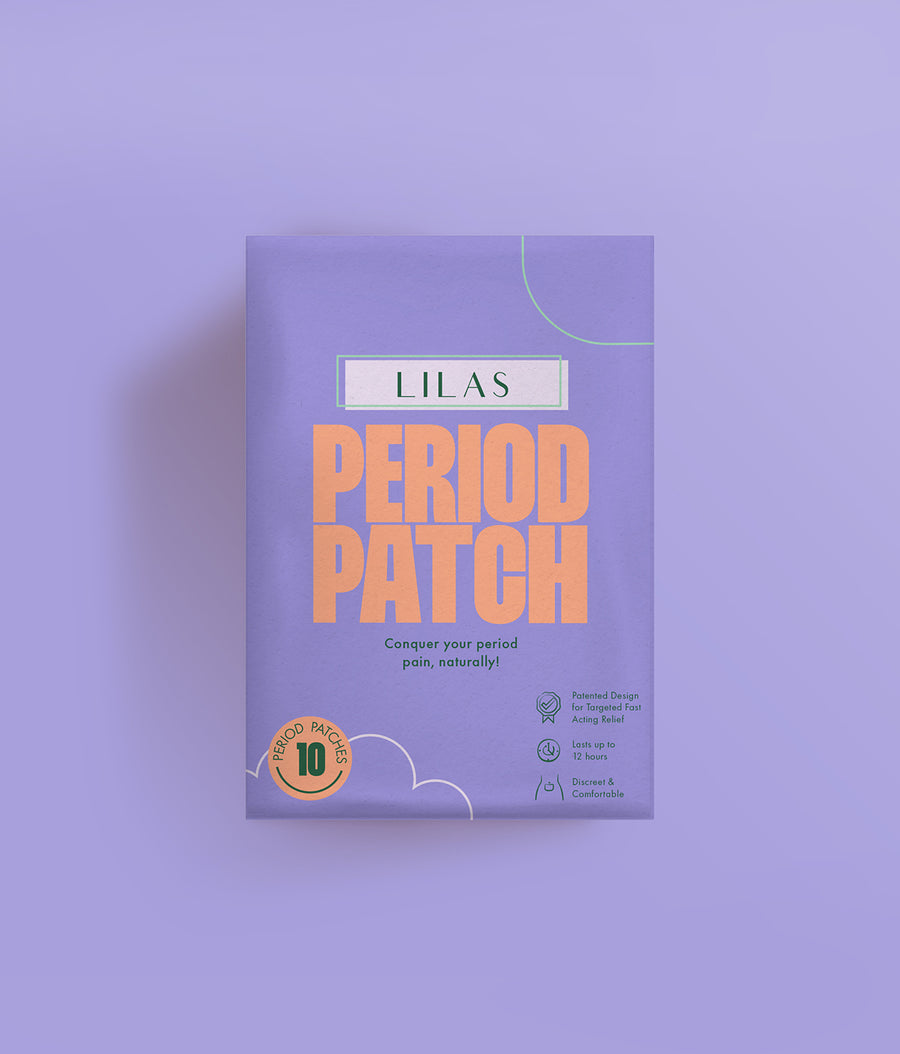“Tend & Befriend,” Not Fight or Flight: Why Women Should Seek Community to Strengthen Their Health
Sometimes, we are tempted to think that health is mostly an individual matter. After all, each of us has a unique body with unique needs. What might work for someone else in pursuing wellness may not work for you. There are personalized health data metrics to gather and perhaps specific plans to implement. In many respects, your health journey is distinctly yours. And yet, while you have an individual body, neither you nor your body live in a vacuum. All of our health journeys ebb and flow in the broader contexts of the things we do, the places we go, and perhaps most importantly, the people we know. It is hard to stay physically, mentally, and emotionally healthy in isolation. As we navigate our own personal challenges and goals, health-related or otherwise, communities empower us to thrive. In fact, research indicates that strong communities and social networks play an essential role in better wellness outcomes for women at all stages of life.
Perhaps one of the most ever present variables in navigating our health journeys is stress. By definition, stress is a reaction to a change or a challenge; and, as the old saying goes, the only constant thing about life is change. Everyone experiences stress, but there appear to be notable differences in the mechanisms of male and female stress responses. We often hear that the general stress response is “fight or flight” upon exposure to new stimuli or potential danger. Yet, in a groundbreaking stress study conducted in 2002, Dr. Laura Cousin Klein and Shelley Taylor made two critical observations. First, of the adults who participated in the initial study, only of 17% them were female. This was likely a direct consequence of andronormativity in medicine, the tendency to treat male physiology and development as the biological default for human health and wellness. Of the male participants, the vast majority largely adhered to the expected “fight or flight” response. However, as Drs. Klein and Taylor assert in their second observation, the female participants displayed a different set of behaviors soon called “tend & befriend.” When men experience stress, spikes in testosterone signals for the urge to fight or flight to respectively neutralize or avoid danger. On the other hand, when women are exposed to stress, oxytocin levels increase, generating the impulse to take care of their children and communicate with other women. This is the seemingly hard-wired desire to call your mom or a close friend after a hard day. These biological stress response differences between the sexes may be evolutionary byproducts of gender roles in early human socialization. Interestingly, because women are more likely to “tend & befriend” than “fight or flight”, Drs. Klein and Taylor speculate that this may explain why women consistently outlive men. In essence, community contributes to women’s longevity.
Admittedly, community can positively impact everyone’s health outcomes. For example, in one study that Drs. Klein and Taylor surveyed, researchers found that people who had no friends increased their risk of death over a 6-month period. In another study, those who had the most friends over a 9-year period cut their risk of death by more than 60%. Even still, access to community appears to especially benefit women facing stress. And if anything can induce stress, it’s health concerns and complications. Researchers at Vanderbilt-Ingram Cancer Center and colleagues at the Shanghai Institute of Preventive Medicine were able to determine that women with the highest satisfaction with marriage, family, and friends at six months had a 38% reduced risk of mortality and a 48% lower risk of recurrence, when compared with those with poor social ties, while women reporting “favorable” interpersonal relationships had a 35% lower risk.) In another study with new mothers in Australia, women indicated that maternal and child health nurses and other women were important sources of information and assistance in the management of postpartum health problems. Community with other women can be an integral part of understanding and journeying through womxn-specific health concerns.
In essence, our relationships with others shape our health and overall wellness in ways we might not realize or fully appreciate. This is why it is important for us to be more intentional in cultivating safe communal spaces. So, if you are navigating a particular health concern and you feel the initial urge to reach out to someone, listen to your oxytocin surge! In our increasingly insular lives, that kind of vulnerability can be scary, but seeking community is an action you can take to honor your wellness needs. As women, we can come together to “tend & befriend” in response to life’s constant stressors and live longer, happier, and healthier together.


Leave a comment